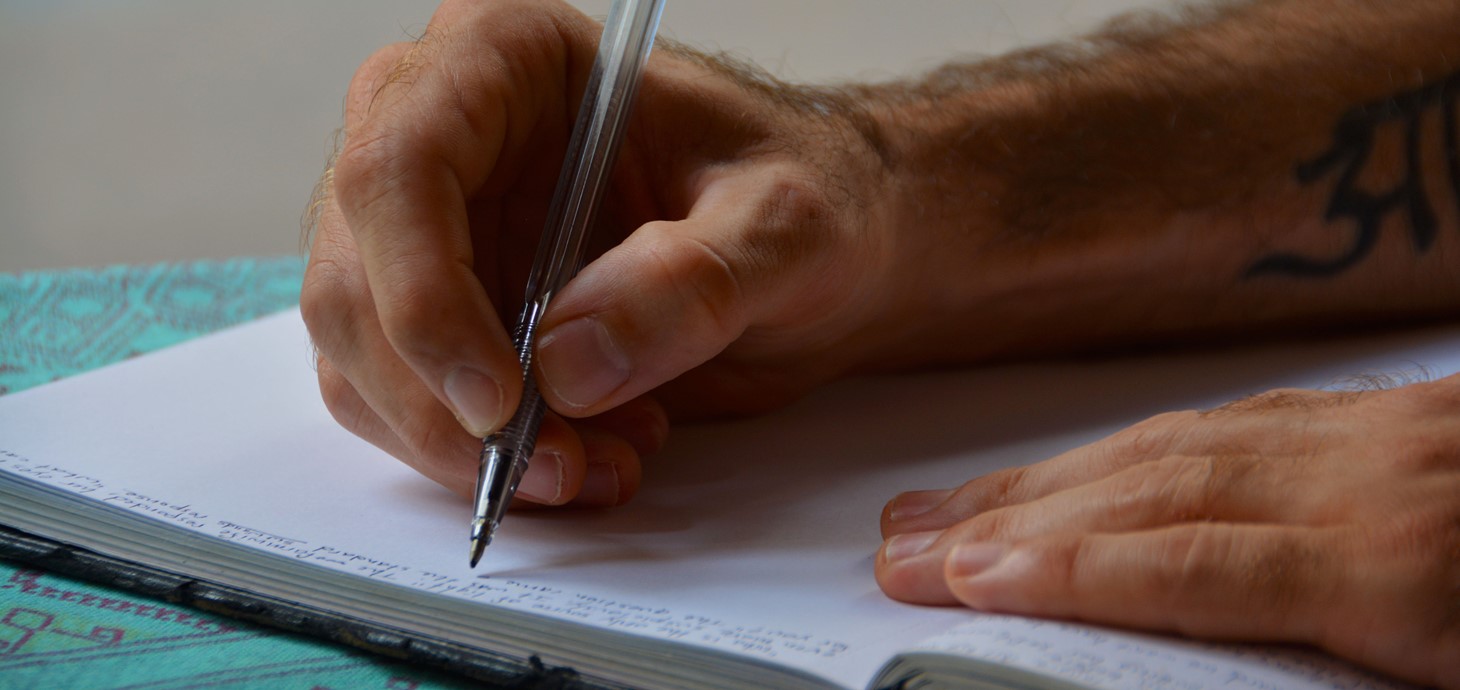These articles are now archived and will no longer be updated.

Has living with isolation and social distancing inspired you to put pen to paper? If so, you could be part of an unique social research project examining how society lives through coronavirus.
Swansea University’s Dr Michael Ward is looking to recruit volunteers of all ages to take part in the CoronaDiaries project, the first social science study into the current crisis, which aims to study how we document our experiences during the pandemic.
And this doesn’t just mean traditional diary entries, he is eager to include social media post, blogs, videos – any method that people are using to express themselves during lockdown.
He said: “As medical and epidemiological knowledge is being produced, there is also an urgent need to use a social science lens in the response to Covid-19.
“I want to maximise the wealth of experiences that can emerge from both anthropological and sociological analysis of our different responses to the pandemic.
“These diaries will act as a recording of what we are going through for future generations and also as a way to share pain and experiences with others.”
Dr Ward, senior lecturer in Social Science, said as lockdown continues new modes of behaviour are being created and different social situations are constantly coming into existence – from Zoom work meetings to virtual coffee mornings via party apps.
“People are responding in multiple ways. New interests, new interactions, a different social life is taking shape in both the real and virtual worlds.”
He now wants to hear from anyone who is willing to take part in CoronaDiaries: Documenting the everyday lived experiences of a global pandemic and share their experiences over the coming months.
Each person’s CoronaDiary can take whatever form of expression they like but could include:
• Handwritten notebooks
• Word processed diaries
• Video diaries and digital recordings
• Reflective pieces
• Scholarly papers
• Blogs/Wikis/Vlogs
• Social media posts/photos/videos [Instagram/Facebook/Twitter/Snapchat/Tik Tok/WhatsApp/YouTube]
• Postcards
• Artwork, poems, songs or other creative expressions.
Dr Ward is hoping to secure funding to produce a digital archive of the contributions so they can be used to help influence not only the strategy and implementation of the coronavirus response but also to help inform for future outbreaks.
The project is based in part on the mass observations studies conducted before, during and after the Second World War which saw volunteers record their experiences.
Dr Ward explained there is no set length of time needed to participate in the project. Recordings could take place on an hourly, daily, weekly, monthly bases or simply as circumstances allow.
Entries would be submitted to him by the end of each month via email, secure dropbox or by post and he emphasised that all documents will be stored securely, in password-protected files and written documents will be anonymised to protect participants.
If you would like to take part please contact Dr Ward by email, calling 07890 874188 or on Twitter
